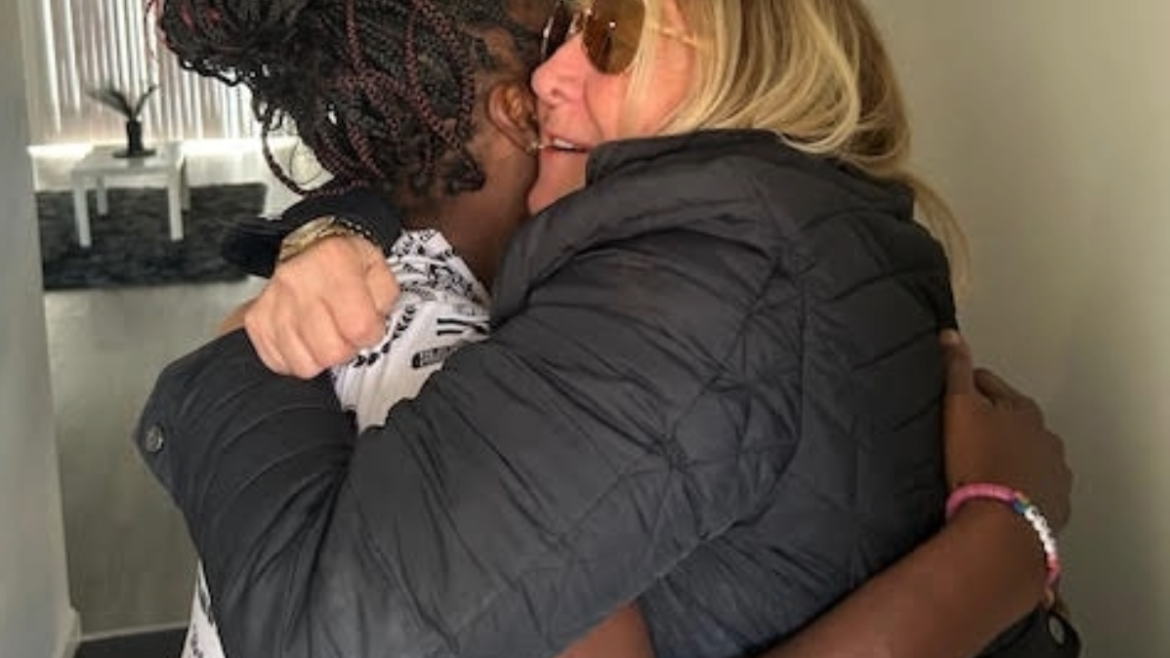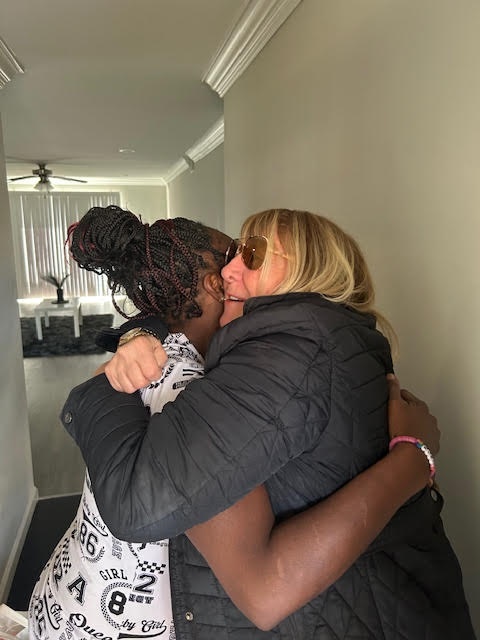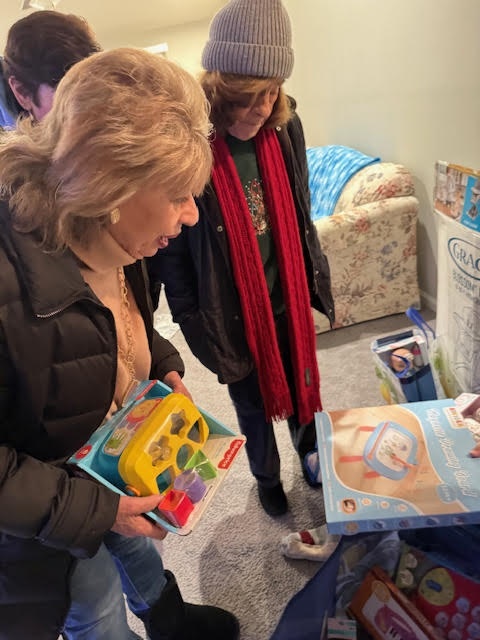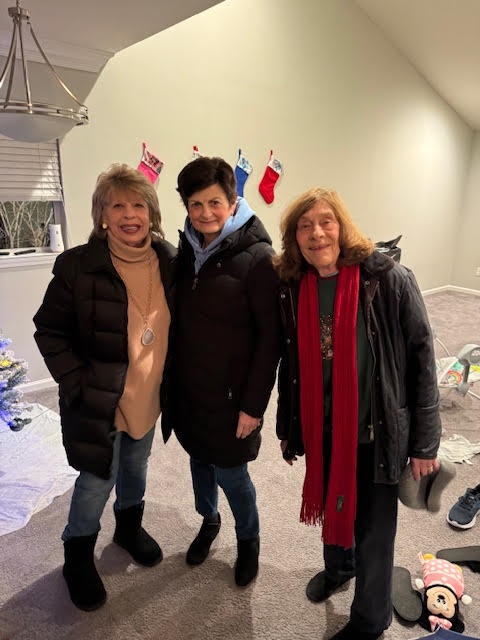From Temporary Shelter to Stability: SVdP’s Motel to Home Program Breaks Through in Virginia
It’s hard to imagine what to do next after finding out that 1,300 kids in your local school district are homeless.
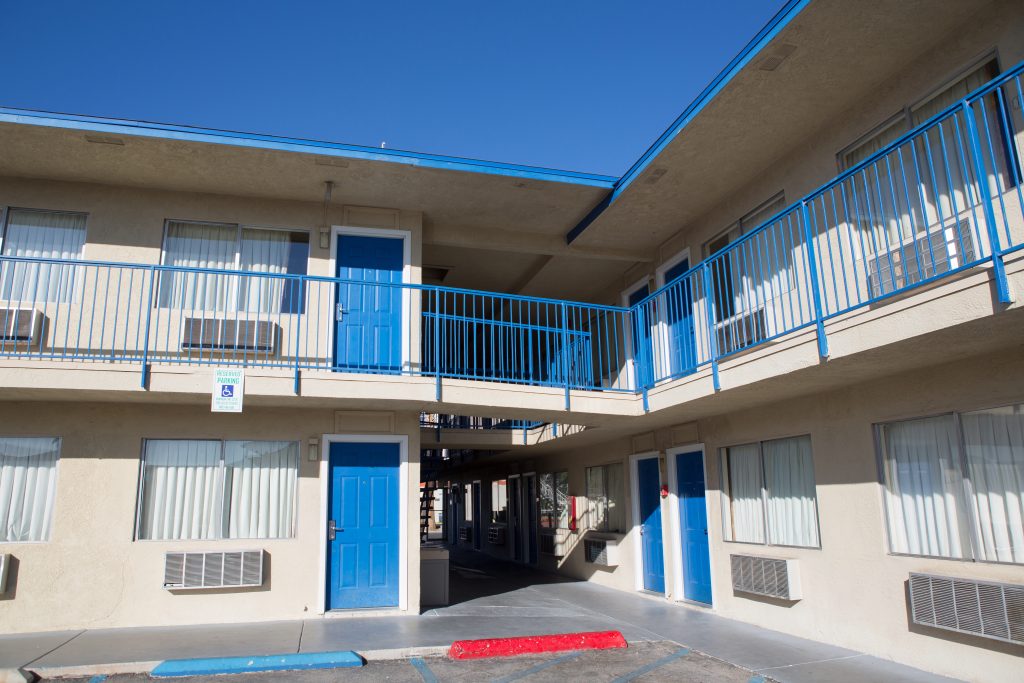
But Dan Kearns, Executive Director of the Society of St. Vincent de Paul (SVdP) Richmond Council, acted quicky. After learning last fall from Henrico County Public Schools that 113 of those students live in motels, Kearns and his Council extended a hand almost immediately.
Extended stay motels have become the only semi-stable housing available to many families living in poverty. If a family has been evicted, it can be hard for them to find another landlord who will rent to them. They sometimes end up in motels where, yes, they have a roof over their heads—but conditions are cramped, kitchens are almost non-existent, and the high living cost means it’s all but impossible to save towards a deposit on a more sustainable living situation.
“We knew there was a challenge – how do we help these people living in motels?” Kearns said. “And we knew that SVdP Georgia already had a program that served this population, so we mirrored it exactly after theirs.”
That program is Motel to Home, where SVdP staff and Vincentian volunteers provide financial assistance to families living in motels so that they can move into more stable housing. SVdP Richmond tailored the program to fit local needs, and since the program’s inception last October, they’ve worked with five families – three of which have moved into permanent housing.
Motel to Home is just one of many programs offered by SVdP with a focus toward homelessness prevention across the country – keeping families secure so that they don’t end up on the street. Among them are Home Visit Encounters – the heart of SVdP’s services – food pantries, shelters, thrift stores, dental clinics, charitable pharmacies, and much more.
Last year, SVdP USA served 5 million vulnerable individuals.
“I always look at SVdP as kind of the first responders to poverty,” Kearns said. “A lot of other organizations act almost as the extended care hospital, but what about people who are in an emergency? They can’t wait two or three weeks to get a phone call back. And I always say SVdP is really good at that – keeping the patient alive until we can figure out the root causes of their illness.”
A family must have income to qualify for the Motel to Home program, according to Kearns. When sitting down with the families to look at potential homes, SVdP recommends a monthly rent of about 40% of the family’s monthly income.
“We want you to be sustainable going forward,” he said. “We want you to stay in this home. So, at its core, a lot of it is financial counseling and direction.”
Take Tawanda from Richmond, for example. Mary’s Choice, a local faith-based organization that provides housing assistance, reached out to SVdP to ask that they help Tawanda and her two sons move into a home. They were all living in a motel at the time, and one of the sons was expecting with his girlfriend. Kearns sat down with the family, looked into an application, and discussed finances.
Once they determined the monthly rent the family could afford, Kearns and his team helped Tawanda and her sons move into a suitable home over the holidays. But that’s not all – they also helped furnish the home with brand new mattresses from a local SVdP thrift store.
Kearns still regularly checks in with Tawanda’s family.
“These individuals aren’t just a number. We don’t say, ‘Here’s your assistance … see you next month or maybe never again. Our services are efficient, but we also make it personal.”
Other SVdP Conferences across the country also help struggling families transition from motels to stable housing. The SVDP Conference at Sts. Joseph and Paul Catholic Church in Kentucky recently helped a mother and two sons move from a motel into a home and also secured a job for the mother. SVdP St. Louis, with the help from the St. Patrick Center and local parishes, raised funds to help a mother pay off a lingering hotel debt and move into a new home with her children. She was also given thrift store vouchers to furnish the home.
“We start with the heart here at SVdP,” said Kearns. “We don’t care what your situation is – we will figure it out. But first, we’re going to reach out to you to let you know we are here to help.”

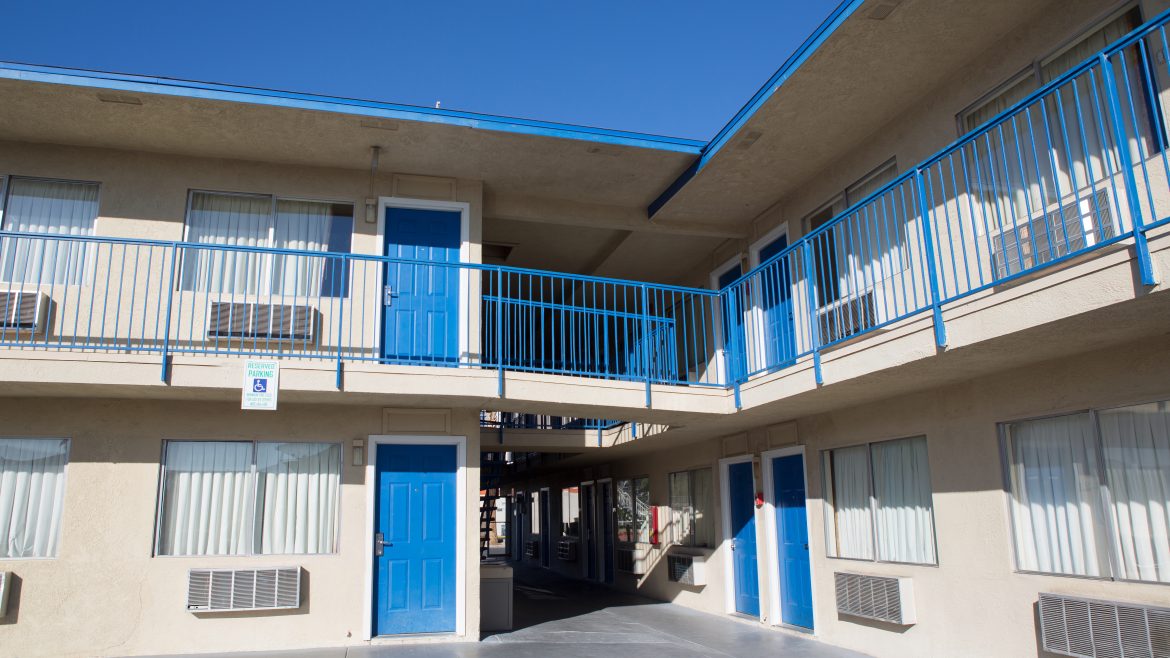
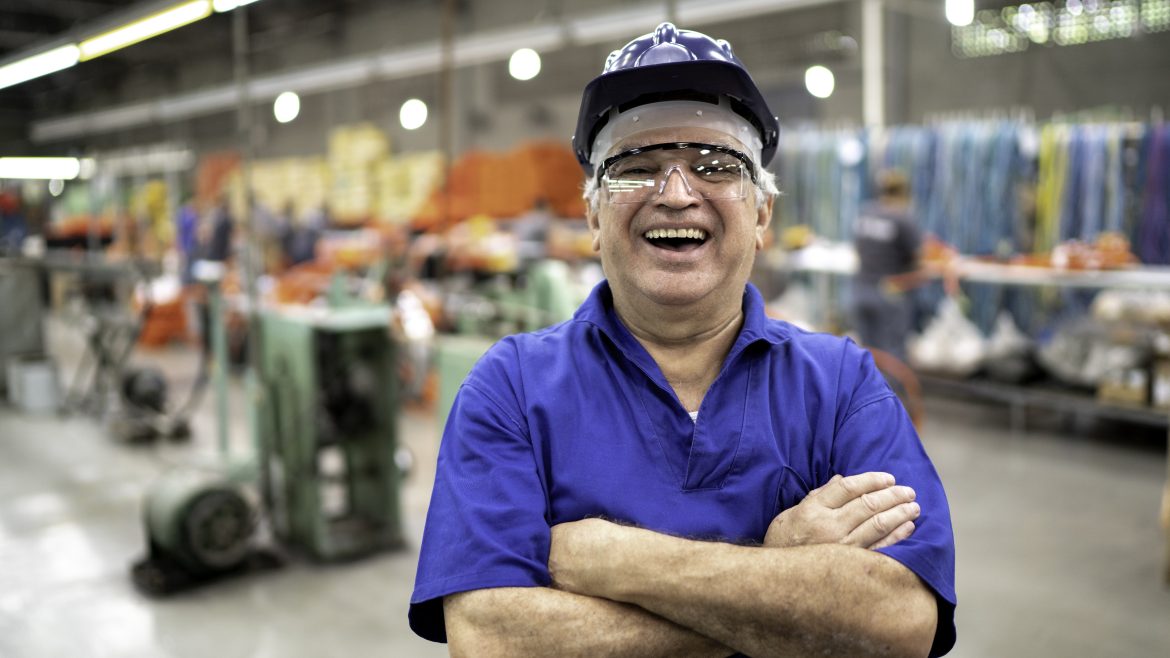
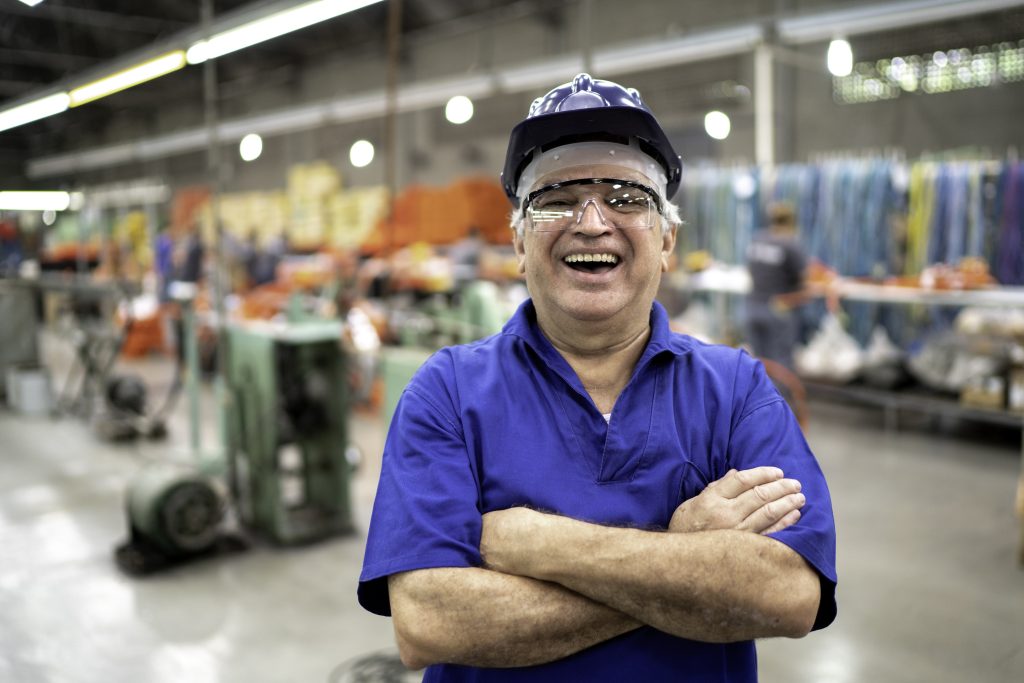
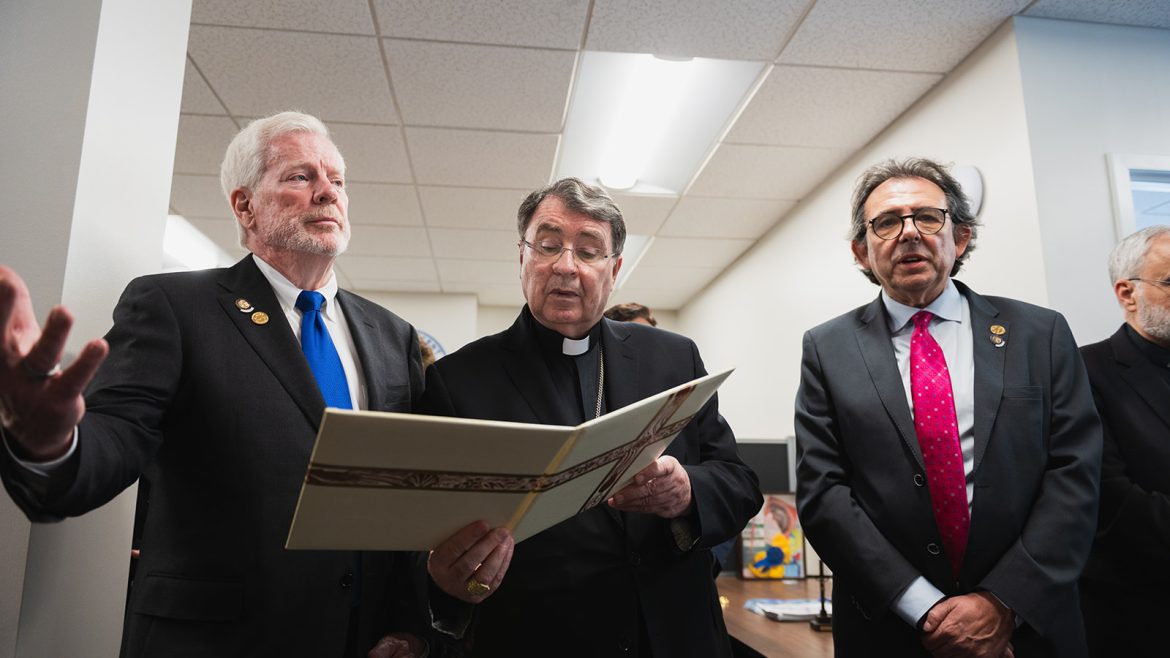
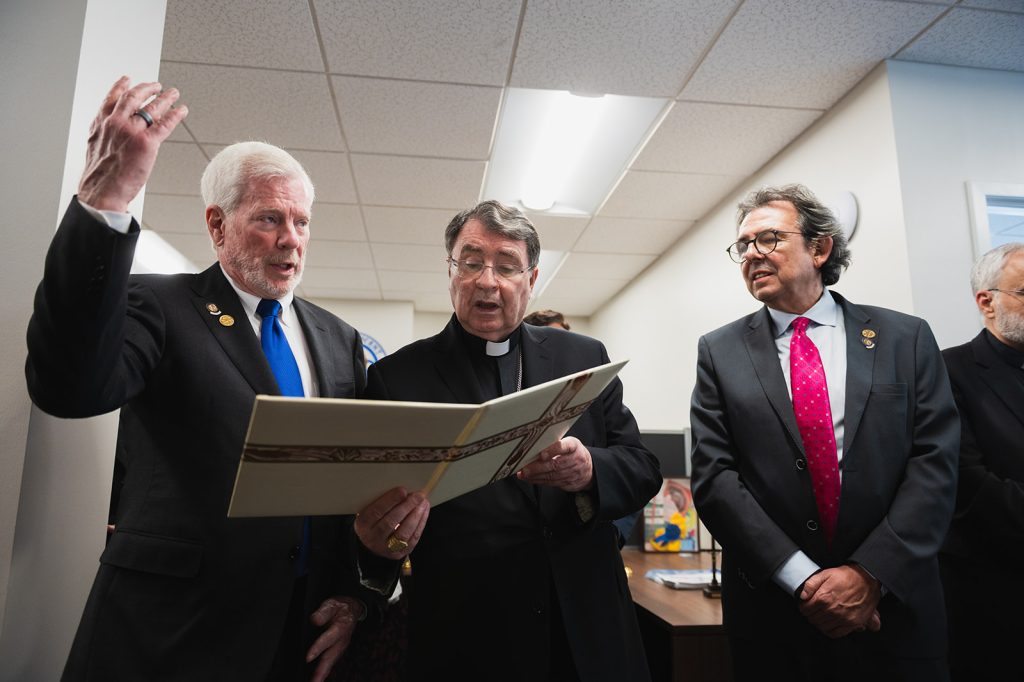
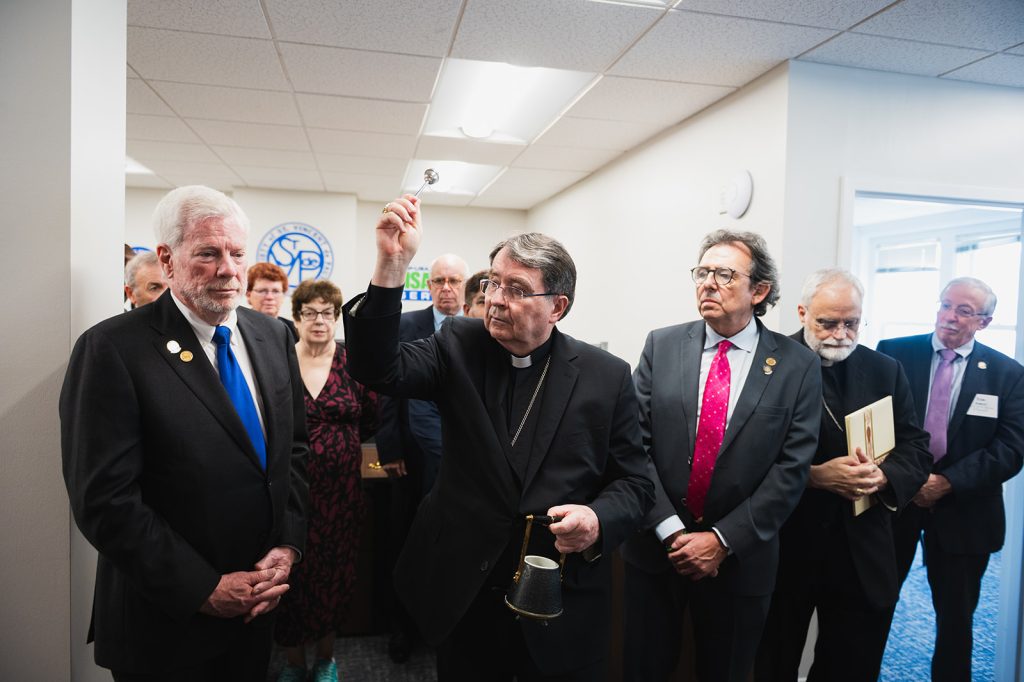
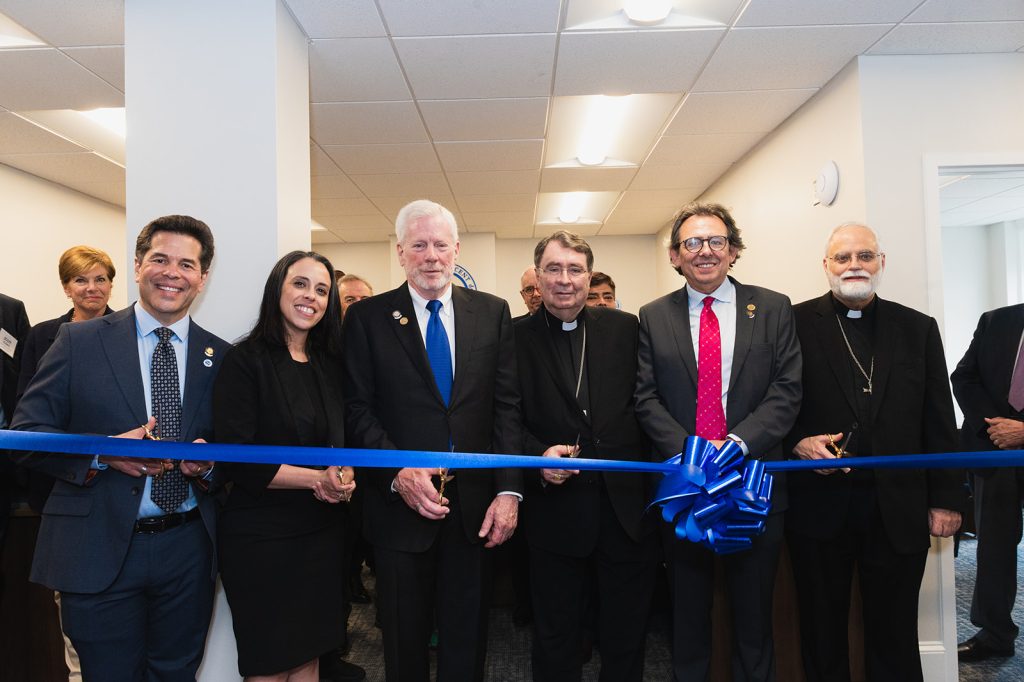
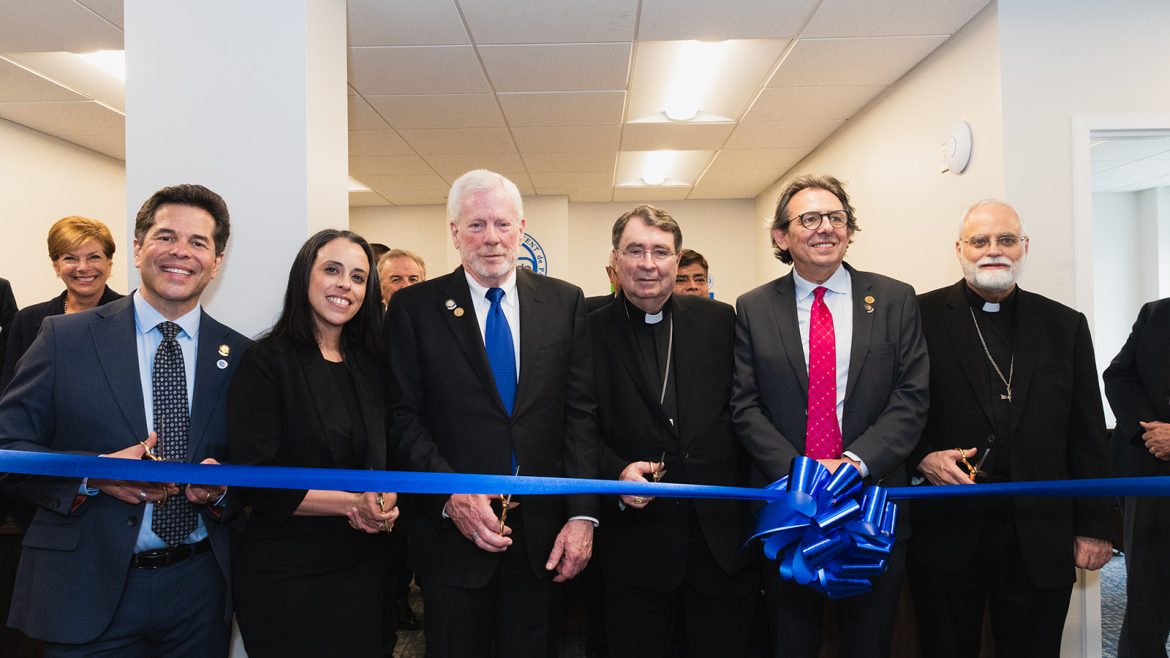
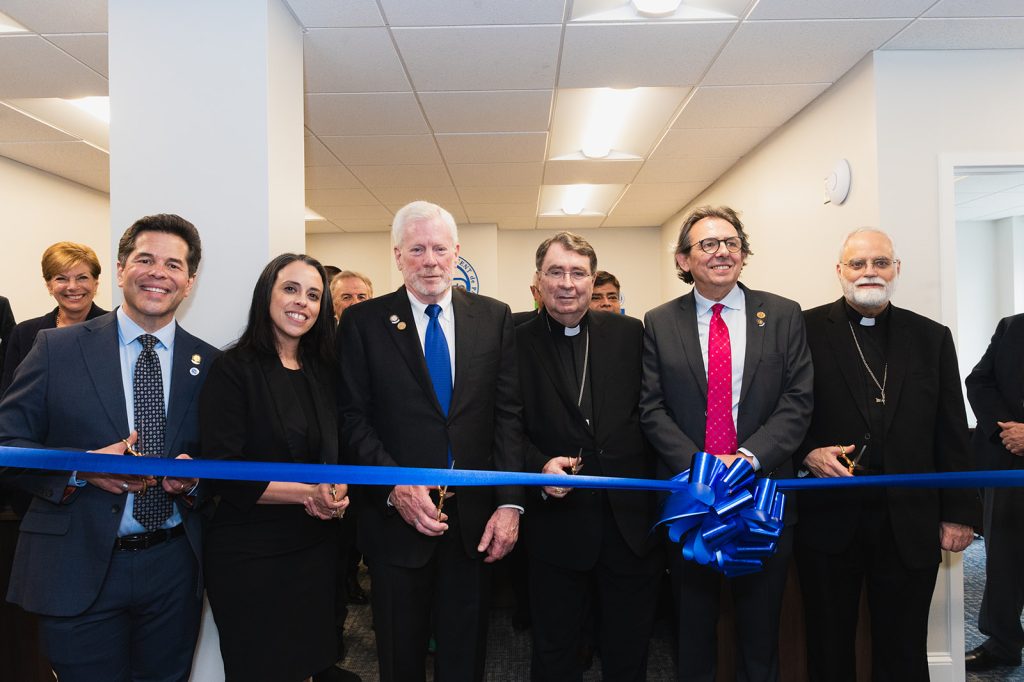
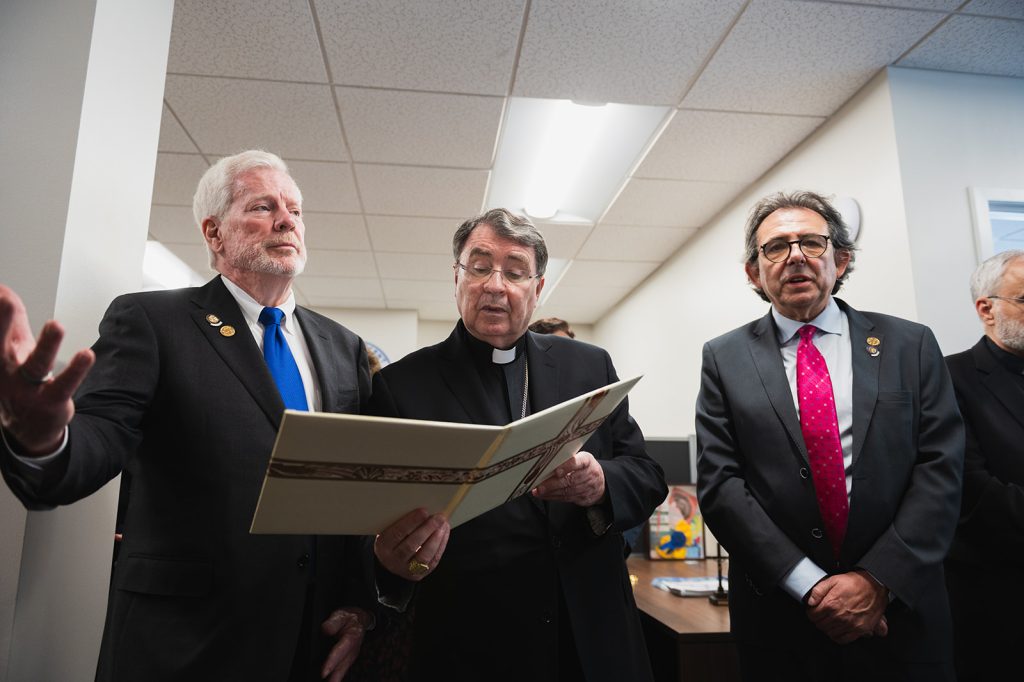
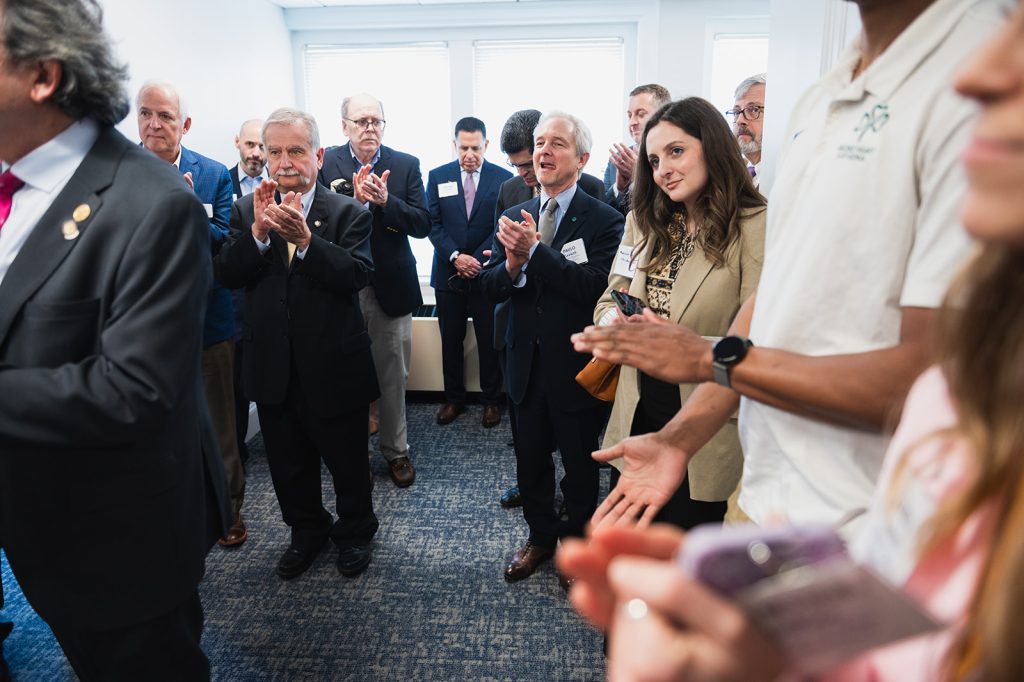
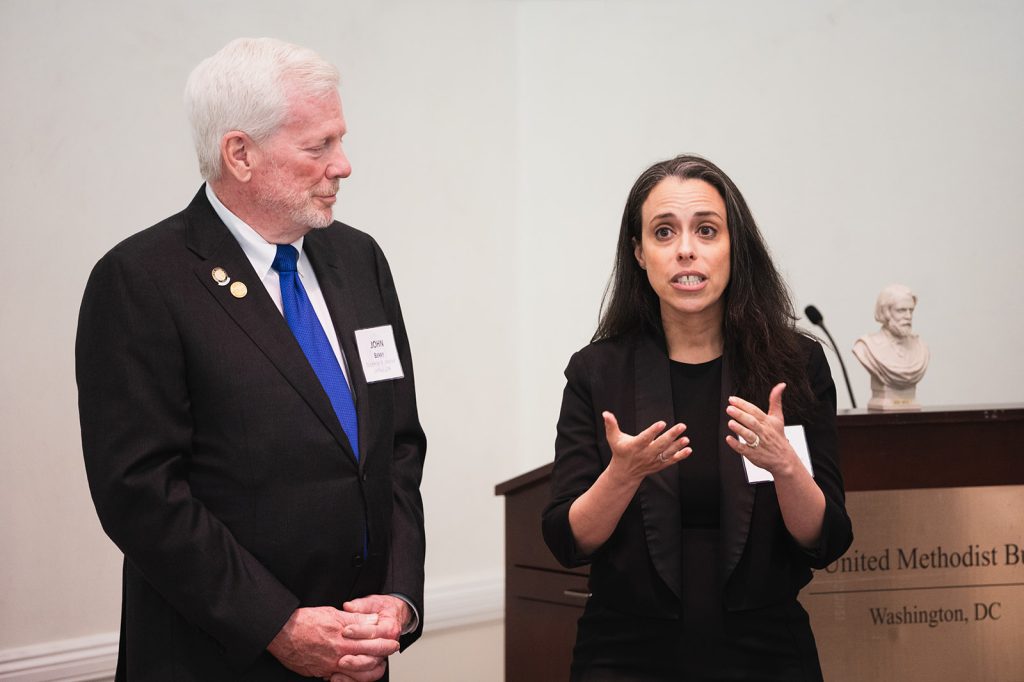
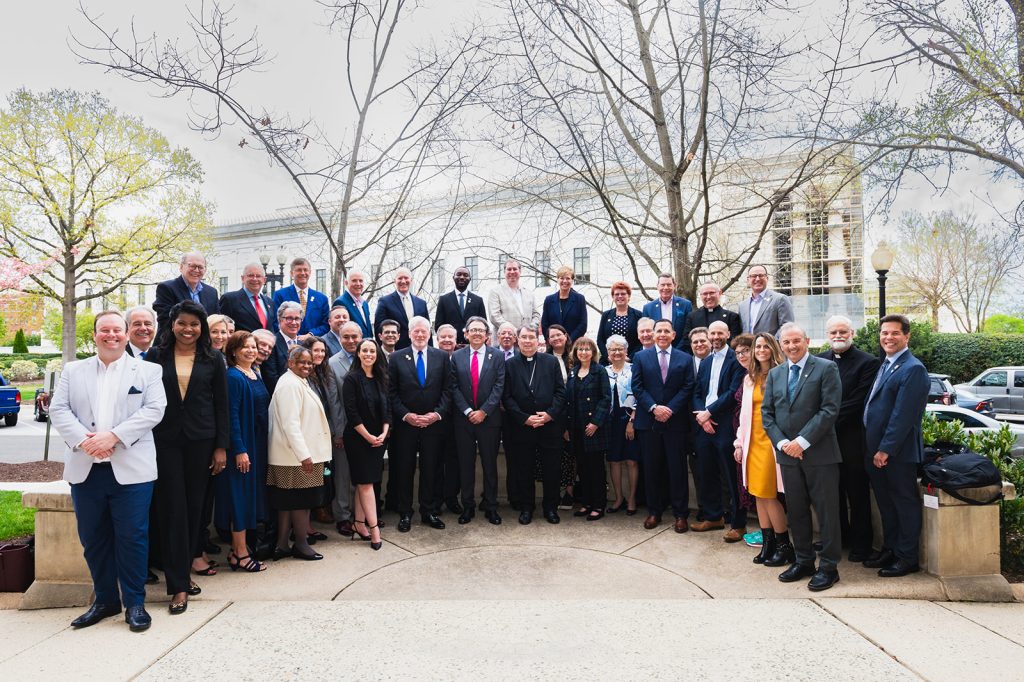
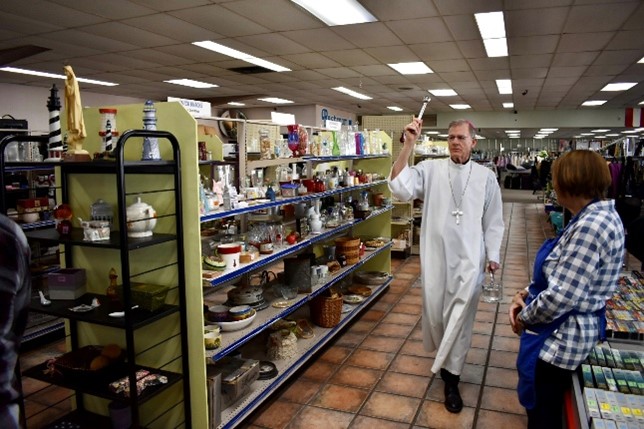
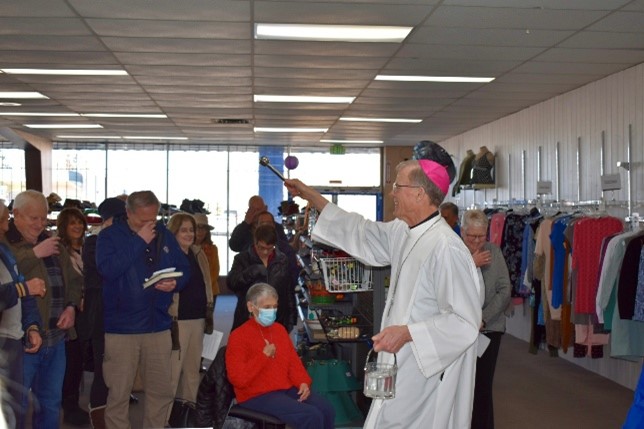





















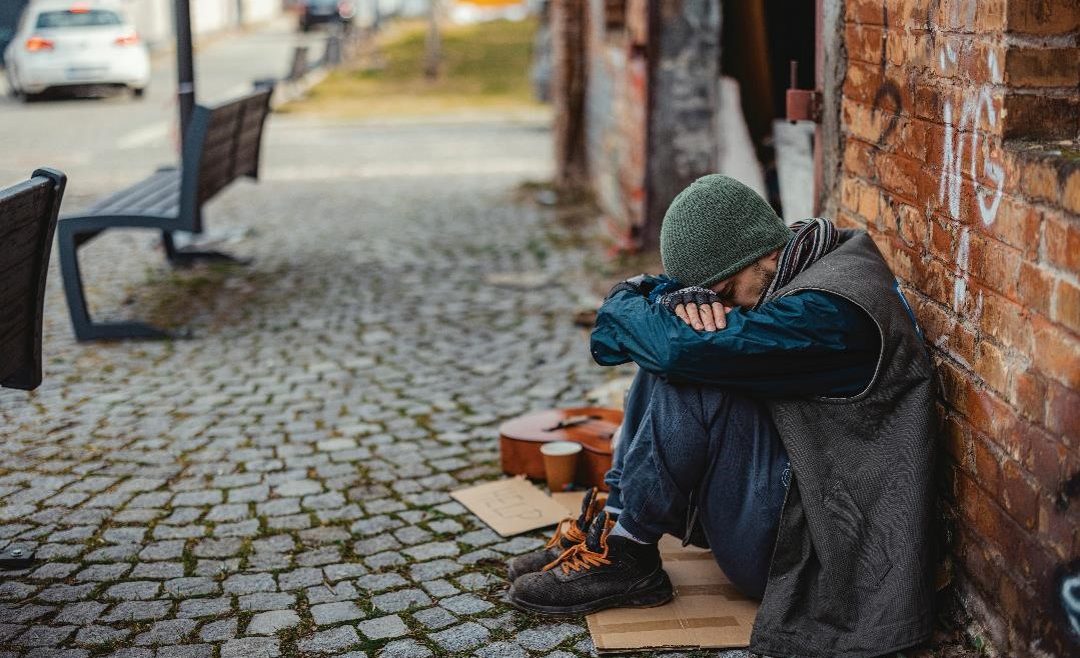
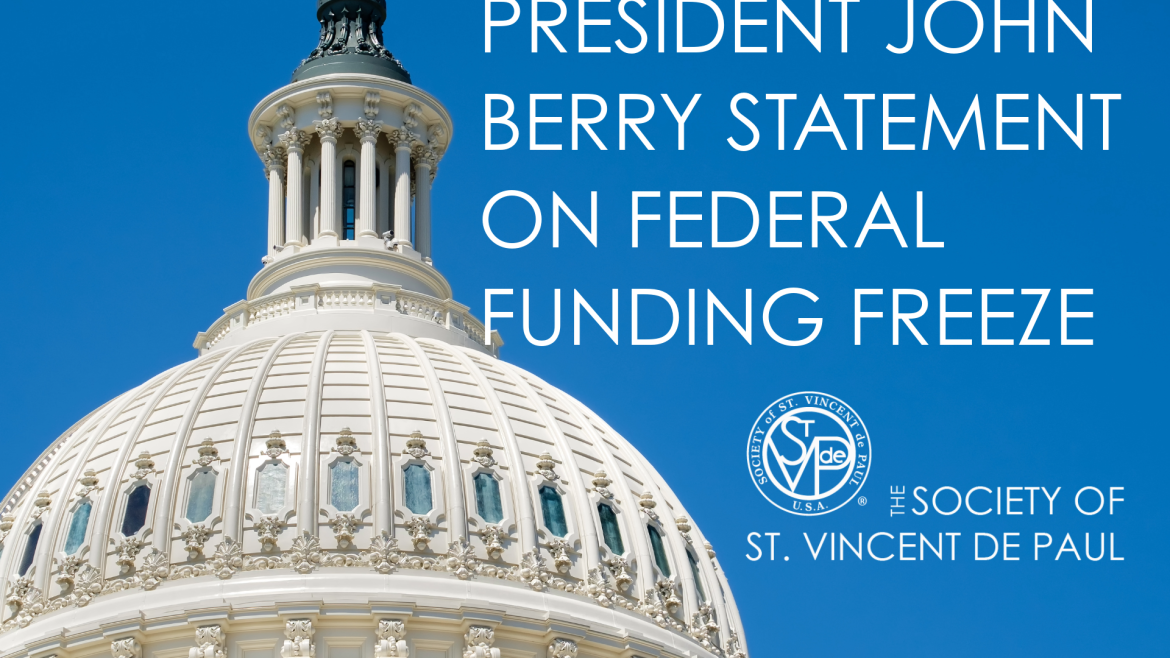
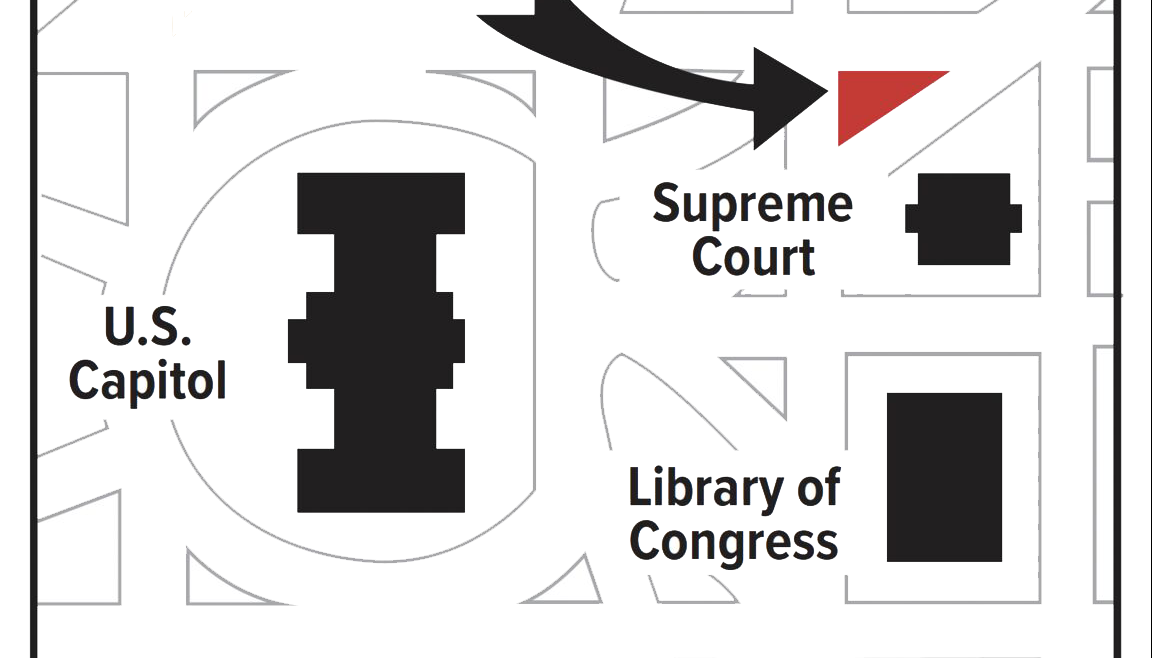
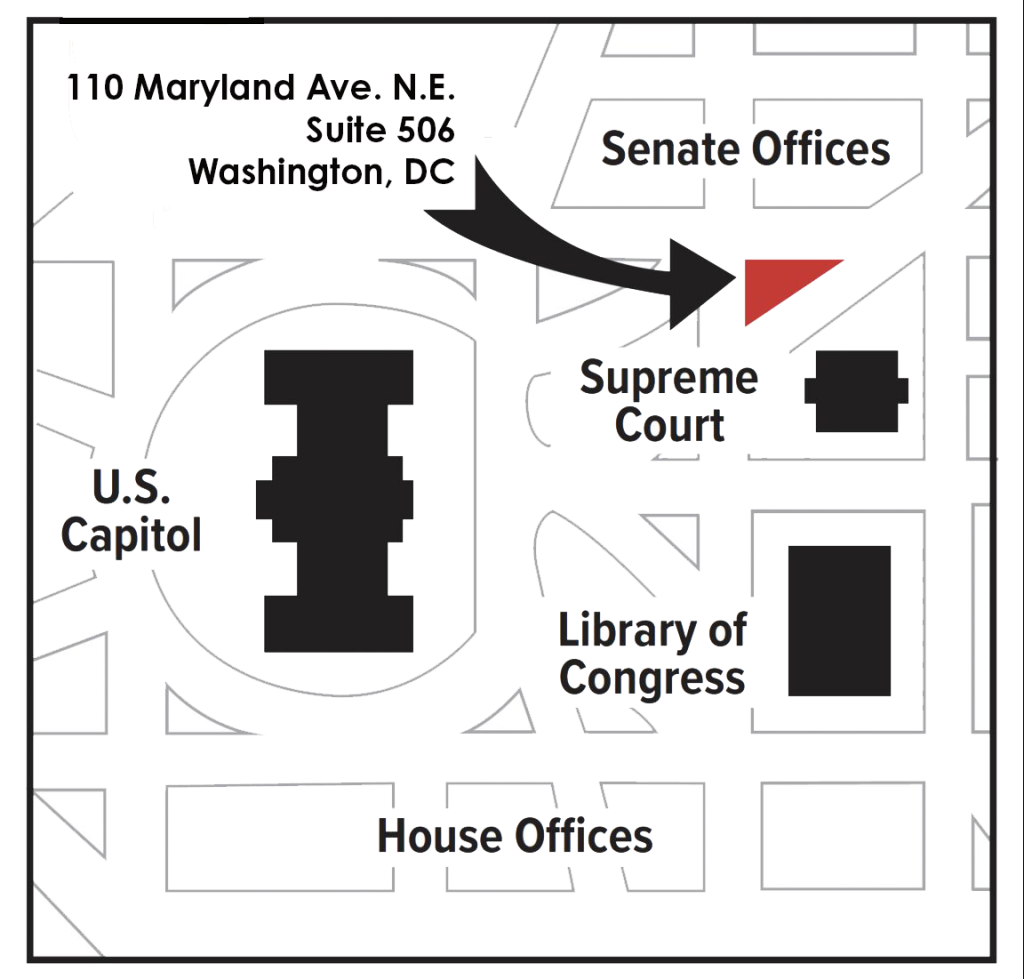 Published January 28, 2025
Published January 28, 2025